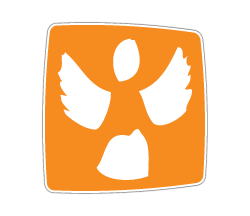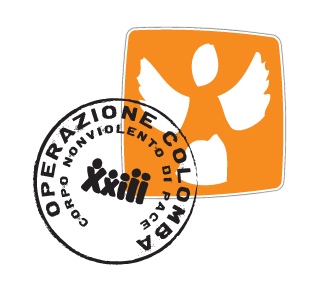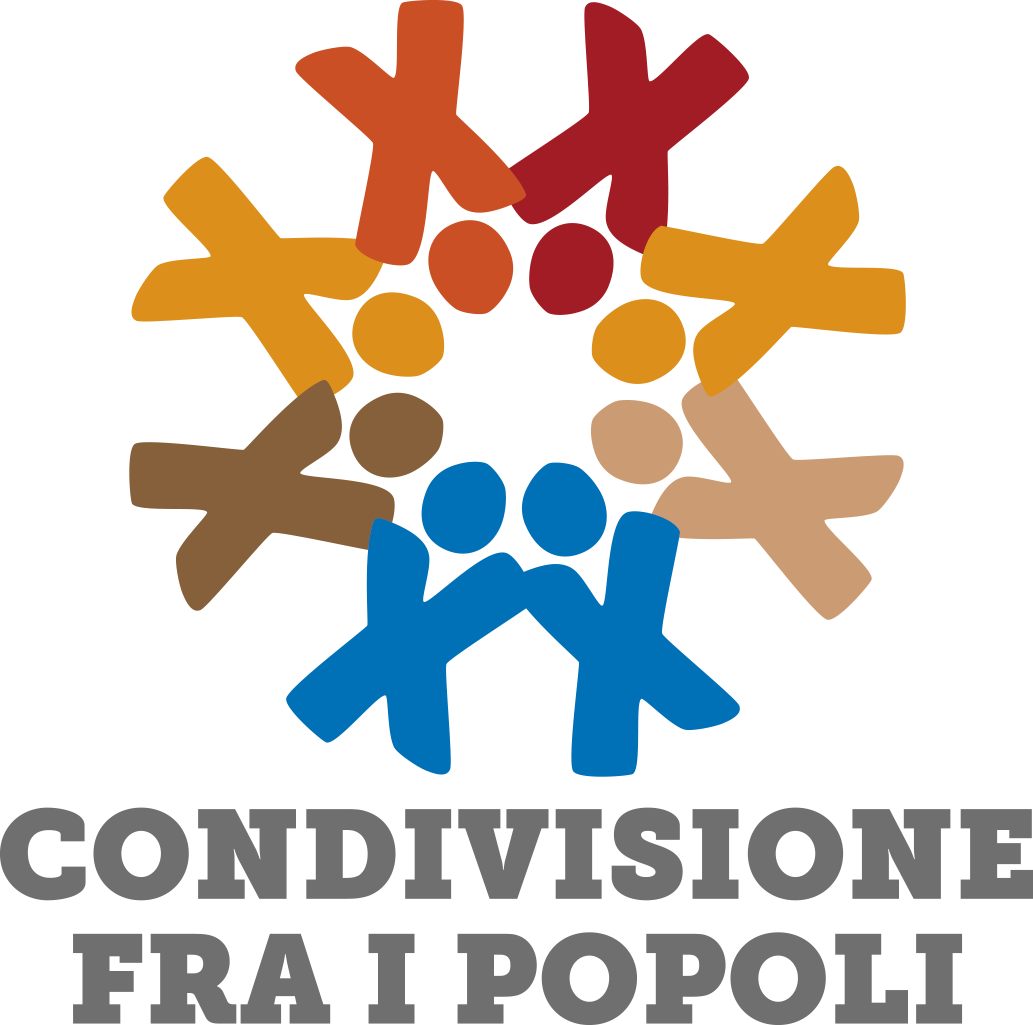It is October 20th and we are on our way to Arsaal.
Arsaal: 130,000 people, of which three quarters are Syrians. 160 informal refugee camps (that is not recognized by the state). A place you need a permit to access, as it is surrounded by military checkpoints.
Beyond the window we see the landscape change. As we approach Lebanon's northeastern border, the plains and plateaus behind us give way to undulating ocher-colored lands.
The land is dry and the barren ridges we see in the distance are already in Syrian territory.
We slow down as we approach the entrance to the town, we prepare our passport and the personal permit to enter the area. When we arrive at the checkpoint, a soldier nods at us, which means we are allowed to continue.
The road crosses the hill and, slightly lower, the inhabited center of this large village opens up.
After driving just a few minutes we notice that there is no proportion between the number of concrete buildings and the number of tents. As we travel through the dusty roads, we meet motorcycles driven by men wearing their white and red kefia and a long dark dress, then, in the vastness of this golden desert, we reach the home of a family of friends.
The sun has gone down and we are a bit confused because from the outside the tents are all the same.
The father of the family appears and invites us to park and enter.
At the door, his wife is smiling at us. Excited, she welcomes us and holds us in a hug. Her sister and her mother are in Italy, she tells us that holding us is as if she were holding them.
We take off our shoes and jacket, and put down the backpack. I was feeling a little cold, so I am pleasantly struck by the sense of hospitality that the central room conveys. The walls are covered with spongy silver material, which reflects the heat emanating from the gas stove around which we sit in a circle, finding the warmth and sense of home that only fire can offer.
There are long pauses between one conversation and the other, we spend time munching sunflower seeds accompanied by Syrian coffee, then it's time for dinner.
It is a simple meal, there are almost a dozen of us around the tablecloth lying on the ground, where a few bowls of broth with chickpeas, potatoes and pieces of chicken, all accompanied by good rice, are served.
At the table silence reigns: time to talk comes before and after dinner, so the only words we hear while eating are invitations to eat some more food.
After dinner, we resume our curled-up positions on the sofas. This time the conversation continues surrounded by a cloud of smoke and the repetitive bubbling of water in the hookah.
We talk to the adults in the family, they tell us that they know their home in Syria has been ransacked and burned, with their possessions resold and their lands occupied…And this is not just their story, it is the story of many.
Meanwhile, the two eldest sons return from work. The first one is about twenty years old, the second is perhaps fourteen. They both work in a nearby factory in the evenings, but only when there is electricity to run the machinery.
As they sit down with us, their only sister shows us the result of her bricolage. She removes a decoration from the wall, something to decorate the tent and make it more dignified. It is a stick from which some paper flowers she cut come down.
At this point, two younger brothers intervene, one of them, about ten years old, proudly shows us a small tree made of sticks which he glued.
From another shelf he takes a small support on which, with various materials, he has built a small house and a farm for animals.
Meanwhile, their mother picks up the phone and calls her sister and her mother, who have left for Italy thanks to the Humanitarian Corridors. She has not seen them for some time, and if the situation does not change, she will not be able to see them face-to-face for years, because those who leave Syria or Lebanon as refugees cannot return until they have citizenship in the country that welcomes them. How many families are forcibly divided!
It is getting late, and what until now has been a living room is transformed into a bedroom. We are offered two more mattresses and such warm blankets as I didn't even think existed. The fire in the stove goes out, and I fall asleep under a thick layer of clothes and blankets, which I now understand the importance of.
It is early morning when I wake up, my nose is frozen out of the blankets.
I get dressed quickly and I join the children and Caterina, one of the two girls who are with me, in the small veranda of the tent.
The youngest son enters the cage of the chickens with great ease, he feeds them, scares them away and beats them with a stick and collects the eggs. It's a game for him, but also a responsibility, and he seems to be thinking: "Should we be the only ones who are beaten?"
Near the tent there is a structure whose meaning I do not understand… It looks like a wall of large and disconnected stones, 1 meter high and 1 meter wide.
The children explain that it is their father’s creation.
When there is electricity, it is a fountain with a small waterfall. Their father likes standing in front of it, listening to the lapping of the water, a sound which brings him back to his Syria.
We’ve just enough time for breakfast then we have to leave again. We feel grateful and moved. As they say goodbye, they bless us: "Allah maakum".
In my mind, I bless them the same way: "May the Lord be with you, who try to preserve your dignity in secret, with you who hunger and thirst for righteousness".
"Allah maakum".
G.



 OPERAZIONE COLOMBA
OPERAZIONE COLOMBA
